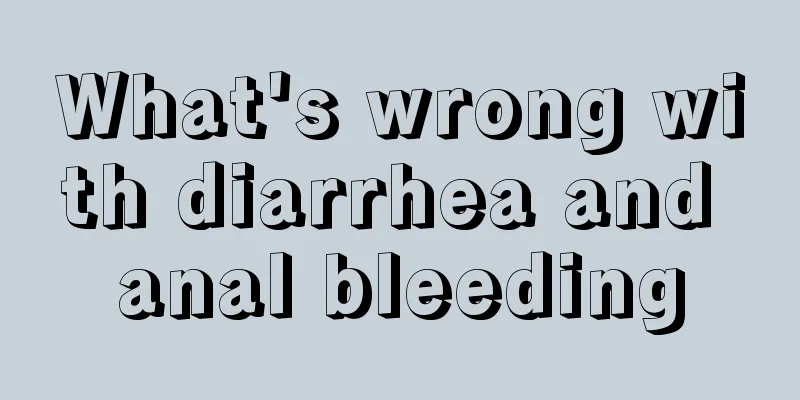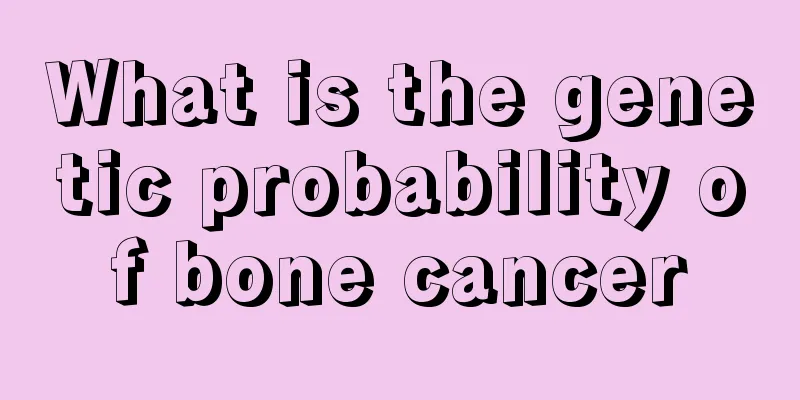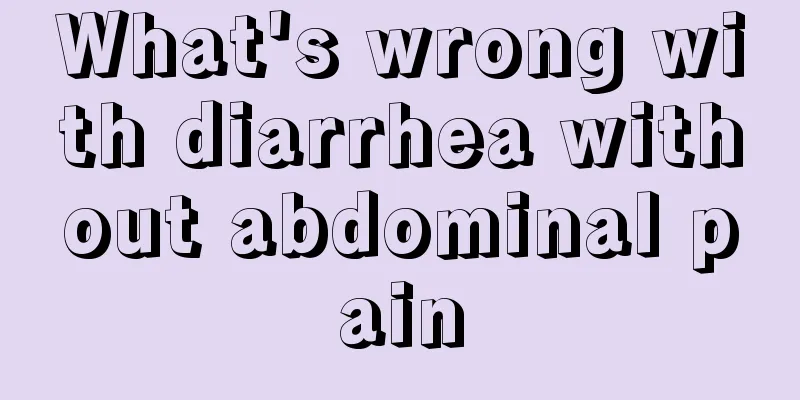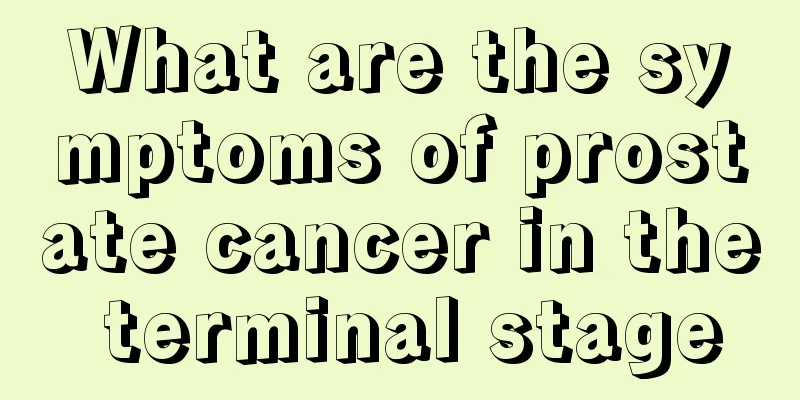Wisdom teeth are not removed for a long time

|
Wisdom teeth will affect people's lives. Some people wait for their wisdom teeth to grow out and then have them removed to get rid of all the troubles, while some people are unwilling to have them removed because they are afraid of the pain. Dentists say that if wisdom teeth do not cause harm to other teeth, they do not need to be removed. However, if they have already caused damage to other teeth, such as inflammation, infection, etc., they must be removed, otherwise the situation will become more and more serious. What are the consequences of not removing wisdom teeth? Wisdom teeth are the third largest molars and have an important impact on the adjacent second molars. Since most wisdom teeth are impacted and tilted forward, they press on the second molar at an angle of about 45 degrees, forming a crown angle that makes it easy for food to get stuck. Over time, this can lead to caries of the second molar or even pulpitis. Even if it is not that serious, it can affect the lifespan of the second molar. There are 4 major dangers of not removing wisdom teeth 1. Poor occlusion: Impacted wisdom teeth often cannot establish a normal occlusion with the opposing teeth. Long term symptoms may lead to clicking of the temporomandibular joint, pain when opening the mouth, and bruxism, which have a great impact on the physical and mental health of young and middle-aged people. 2. Interproximal caries: Food debris is easily accumulated between the malpositioned wisdom tooth and the second molar, and it is difficult to clean. Generally, caries can form on the two adjacent tooth surfaces of the two teeth within a few months, directly destroying the dental tissues of the two teeth. 3. Recurrent pericoronitis: A blind pocket is formed between the soft tissue around the crown of the impacted wisdom tooth and the tooth, causing the accumulation of food and bacteria. When the resistance is reduced, pericoronitis is inevitable. General anti-inflammatory treatment only treats the symptoms and not the root cause, so pericoronitis will recur. 4. Causes of other systemic diseases: There is evidence that some impacted wisdom teeth are the lesions of some trigeminal neuralgia. Repeated inflammation of wisdom teeth may also serve as lesions and may cause heart disease, arthritis, tonsillitis, sepsis and tumors. Things to note when removing wisdom teeth It can be seen from this that impacted wisdom teeth are very harmful and must be removed as early as possible and decisively. It is important to understand the dangers of not removing wisdom teeth early in order to avoid the harm of not removing wisdom teeth. Wisdom Teeth Extraction Care Tips Do not spit frequently: After having your wisdom teeth removed, you will be unable to help but saliva. At this time, do not spit or swallow your saliva, as both will tear the wound. You can choose to cover your mouth with a tissue and let the saliva flow out automatically. Do not brush your teeth with toothpaste within two days: Toothpaste contains fluoride, which is not only not conducive to wound healing, but may also cause inflammation due to foam entering the wound. Rinse your mouth after meals: Generally speaking, you can eat on the same day after having your wisdom teeth extracted. Rinse your mouth immediately after eating to avoid food residues remaining in the wound and causing inflammation. Choose warm salt water for rinsing your mouth: After removing wisdom teeth, do not rinse your mouth directly with tap water to avoid bacterial growth. Instead, choose boiled warm salt water for disinfection. Don’t lick the wound with your tongue: After having your wisdom teeth removed, don’t always lick the wound with your tongue, as this will slow down the healing process. Drink more freshly squeezed fruit juice: If your face is swollen after having your wisdom teeth removed, you can drink more fruits such as cantaloupe and apples, which can replenish water and speed up wound healing. Remember to rinse your mouth after drinking the juice. Precautions It is normal for your cheeks to swell after having your wisdom teeth extracted. If it happens within 12 hours and there is no fever, you do not need to take anti-inflammatory drugs. The cavity left after the wisdom tooth is extracted usually takes 3 to 6 months to heal. Be sure to rinse your mouth after meals to prevent rice grains from falling into the cavity. |
<<: What causes cake cracking?
>>: How to improve IQ and thinking ability?
Recommend
Is Jiangmi glutinous rice?
China is a vast country with a large population, ...
How to treat intermuscular vein thrombosis
Intermuscular vein thrombosis often occurs in the...
When is the best time to dry winter melon
Many people like to eat soup made from winter mel...
Treatment of lichen sclerosus atrophicus
I believe everyone must have heard of a disease, ...
What are the prevention and treatment methods for common sports injuries
Normally, each of us exercises, but the intensity...
Dietary adjustment after rectal cancer surgery
Rectal cancer is a common malignant tumor among a...
Treatment of gallbladder cancer causes fetal malformation
I believe many people have heard of gallbladder c...
What should I do if pulpitis hurts at night?
If you suffer from pulpitis, many people will suf...
What are the methods for recovering from meniscus injury
When a meniscus injury occurs, you should go to t...
Does thread lifting have any side effects?
Thread lifting is a method of embedding threads a...
Brucea javanica oil oral emulsion
Medicine is very common, and different medicines ...
How long after giving birth can I take a bath?
In life, everyone likes to scrub their body after...
How to dry osmanthus
In autumn, the most fragrant smell in the air is ...
What are the dietary taboos for diabetic patients
People's lives are really getting better and ...
What's the matter with the white spots on the face
You need to pay attention to white spots on your ...









